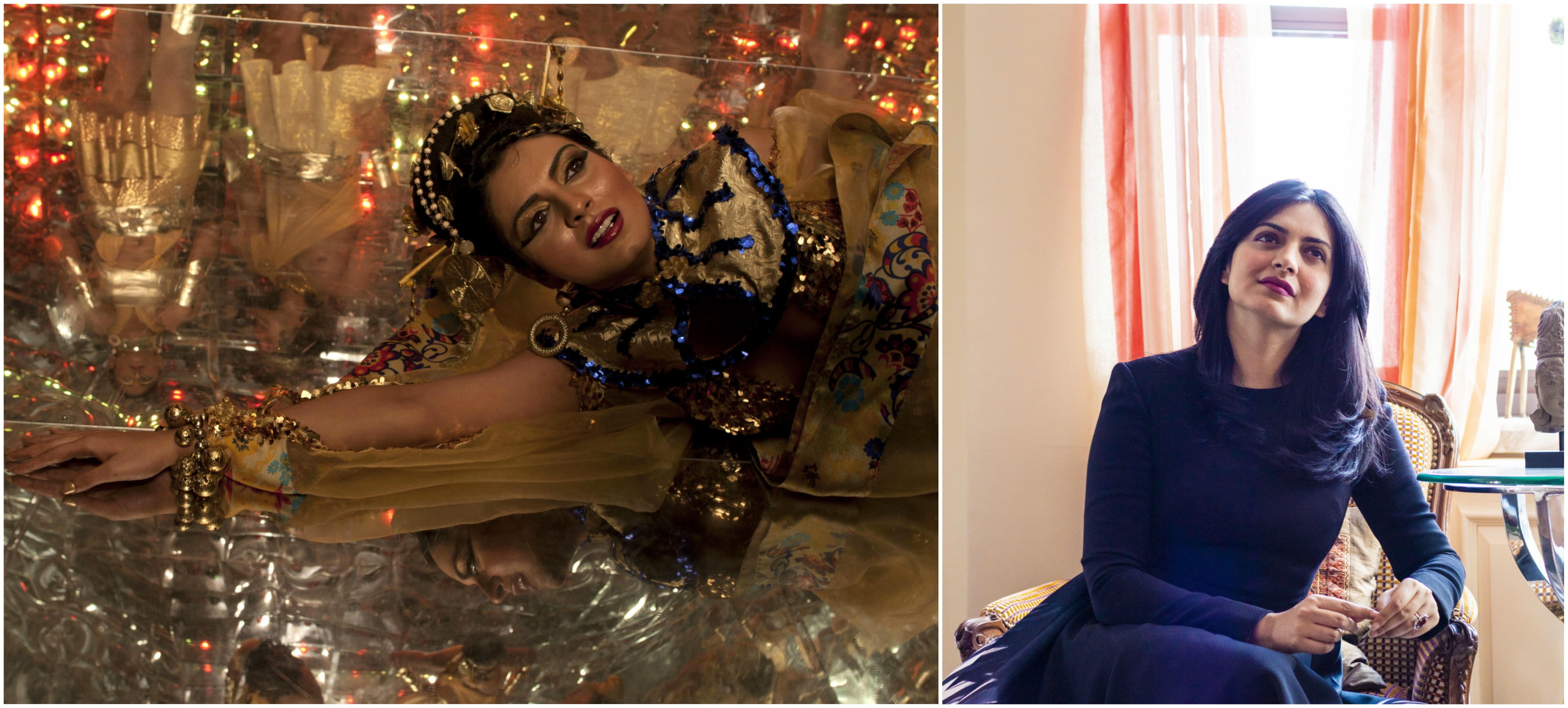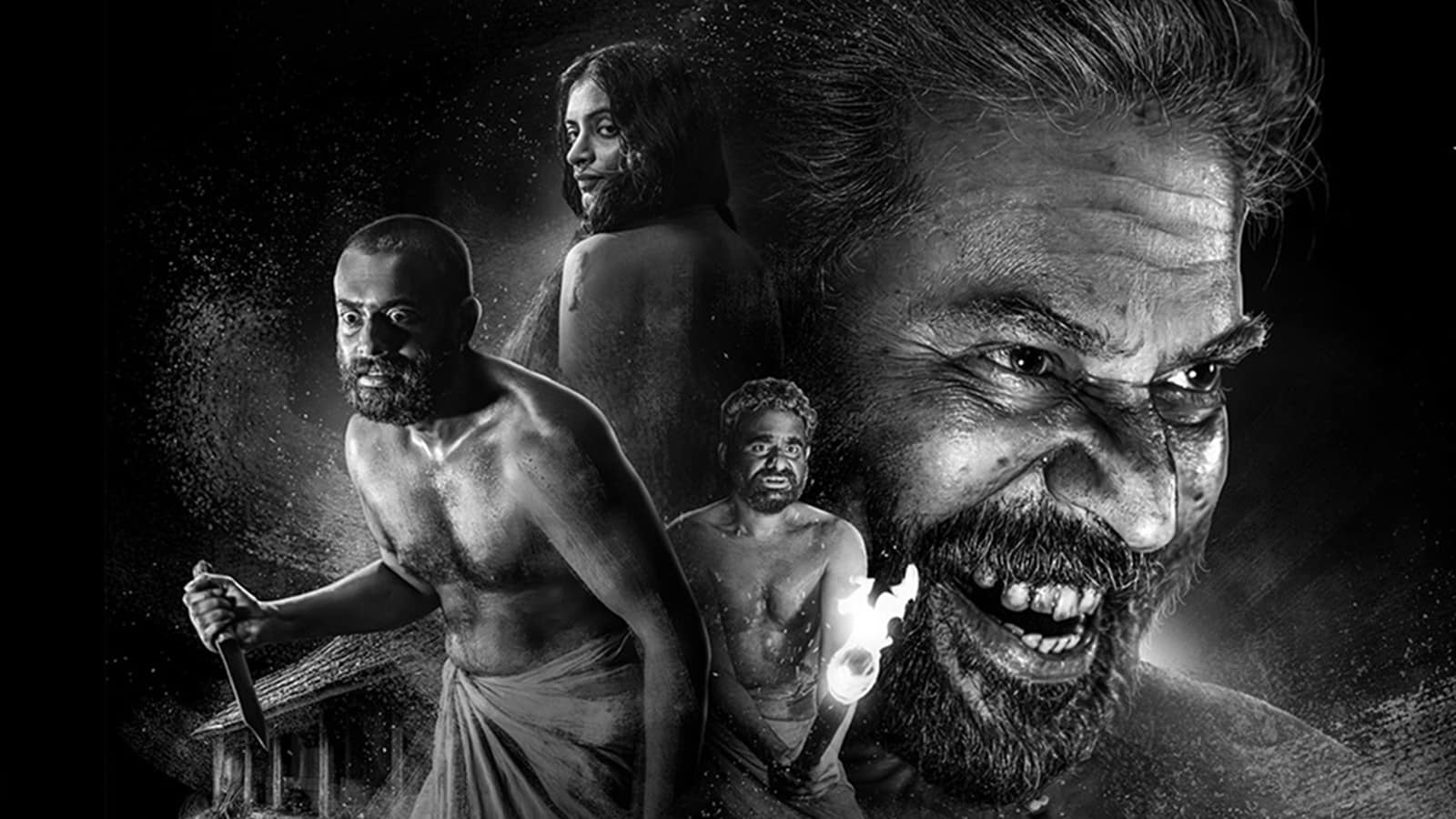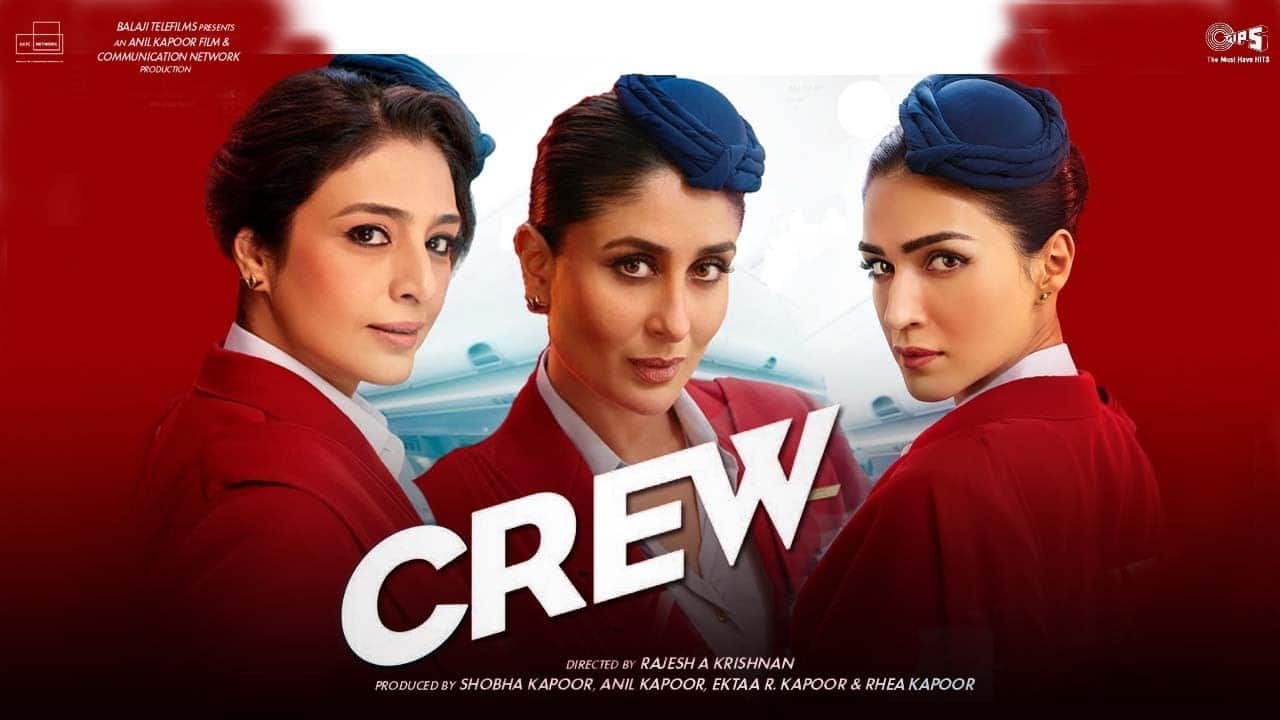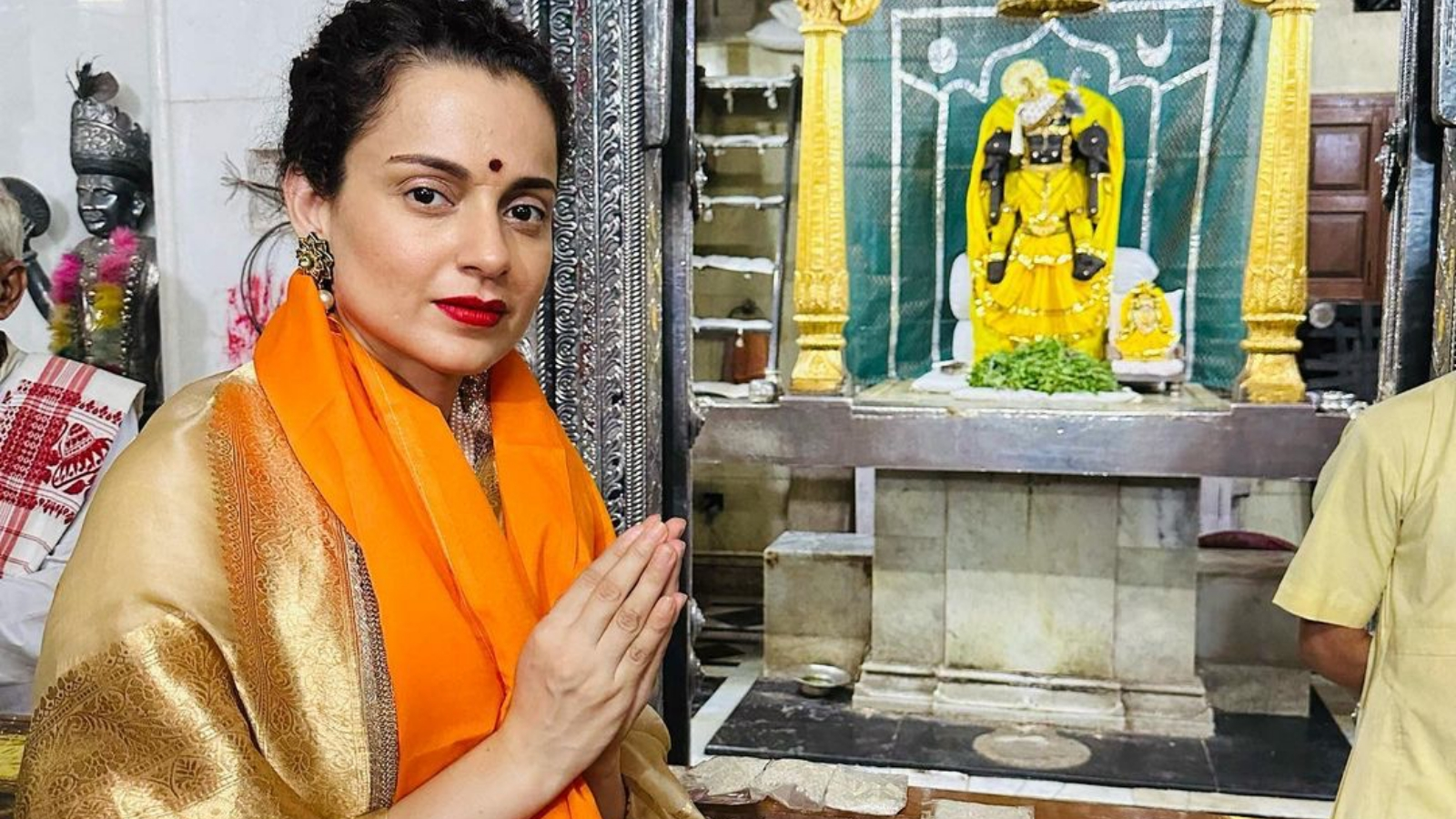Niharika Singh is a former Miss India and an Indian film actress. Niharika represented India at the Miss Earth pageant in 2005. She made her feature film debut with the Indian drama ‘Miss Lovely’ that premiered in Un certain Regard at the 2012 Cannes Film Festival and won accolades at the 61st National Film Awards. She featured in other films like ‘Anwar ka Ajab Kissa’, ‘Sohra Bridge’, ‘The Field Guide to Evil’ and was selected for Berlinale Talents in 2016.
Niharika Singh wrote a significant piece in 2018 addressing the #MeToo movement as a Dalit woman, which was perhaps the first time an actor asserted her caste identity in the entertainment industry. She was invited to speak on a panel ‘Can popular cinema break the caste barrier in India?’ at India Conference 2019 in Harvard University.
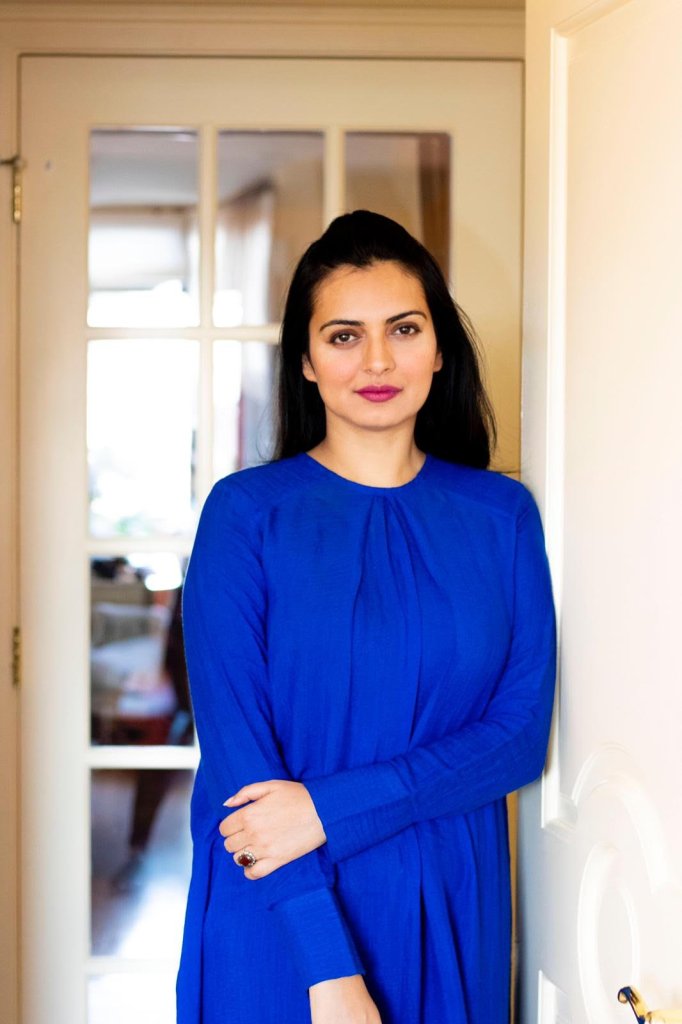
Jyotsna Siddharth interviewed Niharika Singh for Dalit Feminism Archive to discuss issues of caste, appropriation, representation and feminism in Bollywood.
Jyotsna Siddharth: Could you please tell us about your journey and what motivated you to become Ms India and Ms Earth?
Niharika Singh: I grew up in the north of India, went to a boarding school in the hills and started working as a model at the age of 17. My father had a government job and I did not want to follow the same trajectory. I wasn’t sure what I wanted to do so after a short stint in Delhi, I moved to Mumbai with my sister and started working in the entertainment business. I was photographed a lot as a child so I got comfortable around the camera early. In 2005, I sent my pictures for Miss India, won a crown and represented the country at the Miss Earth pageant. The motivation to enter the pageant wasn’t really clear at that time. I wanted to be self-dependent, had bills to pay and since I was already modelling, Miss India seemed like a good platform to get better jobs. Winning a crown was fun. I got to travel, wear pretty clothes, understand public life, meet people from around the world and explore various opportunities. I got exposed to many things and my confidence grew. Films followed.
I grew up relatively protected, so I did not understand caste and it’s complexity as a child. I knew we were ‘SC’ but what it meant in the larger political context was alien to me. After moving to the most cosmopolitan city in the country and being celebrated as a ‘Miss India’, I faced caste violence first hand and realised I had a lot to learn.
JS: How was your childhood, where did you go grow up and how was that like?
NS: I had an idyllic childhood till I was 11 years old. I grew up in places like Haridwar, Agra, Nainital and Dehradun. My father worked in tourism and we kept moving every few years. My dad’s a man of many talents. He’s been a state level shooting champion, plays several musical instruments, grows his own food and is a great cook. He served as the principal of a hotel management institute and organised various cultural festivals with local theatre artists and folk musicians when he was in government service. My mother on the other hand, is entrepreneurial and always brimming with ideas. I grew up modelling for clothes at home, stitched by her on her sewing machine. Later, she studied fashion designing and ran a design institute in Delhi. As a child, I was an introvert. I loved nature, reading, writing, had a robust imagination and enacted everything I read. I slept with books under my pillow and had pen-pals from different parts of the country. I would attend children’s theatre workshops every summer when I visited my maternal grandparents’ home in Delhi. My paternal grandparents lived in Saharanpur with a mango-lychee orchard in the backyard and I remember climbing trees, plucking fruit and putting up performances with my cousins for our big joint family. After my grandfather’s sudden death and a few caste episodes, there was complete anarchy and fragmentation in the family. As a result, my parents’ marriage was affected. We were sent to a boarding school in the hills, where I became rebellious and started seeking another idea of home.
JS: If you can share the first account when you became aware about your caste identity? What happened?
NS: My family history is filled with pioneers working for the anti-caste cause. My maternal great-grandfather was part of India’s freedom struggle. He was an Ayurvedic doctor who became a member of parliament post-Independence but left his political career to work for the emancipation of the Raigar community. My paternal grandfather studied law, became an IAS officer and worked in various districts of Uttar Pradesh. My maternal grandfather was the first in his village in Rajasthan to get an education and reject child marriage. My maternal grandmother was one of the first from her community to complete her teacher’s training and set up a govt. primary school in New Delhi. I grew up relatively protected, so I did not understand caste and it’s complexity as a child. I knew we were ‘SC’ but what it meant in the larger political context was alien to me. After moving to the most cosmopolitan city in the country and being celebrated as a ‘Miss India’, I faced caste violence first hand and realised I had a lot to learn.
JS: Did you face any form of caste discrimination in your line of work? If yes, could you share an incident where you felt inhibited because of your caste?
NS: Since I started working as a teenager and never asserted my caste identity in public till my mid-thirties, there was no overt caste discrimination in my workplace until then. My job mostly was to look a certain way and perform in order, to sell certain things. Then the Miss India identity followed. It was only after I started working in films did I realise that most of the jobs were either reserved for film dynasts or savarnas who had enough cultural capital, infrastructure and support of kin and peers to build their professional careers. For me personally, it became interesting to see how casteist the entire film industry was, after I asserted my caste identity. This was in a piece I wrote addressing the #MeToo movement in 2018. The deliberate silence of my peers in the film fraternity and those who consider themselves ‘culture-makers’ reinforced the stereotype of how feeble the support is for Dalit women in society. A few Savarna women, unsurprisingly, openly supported the perpetrators. I was most disappointed to see even filmmakers from Dalit communities continuing their allegiance with some of the names mentioned in my piece.
For me personally, it became interesting to see how casteist the entire film industry was, after I asserted my caste identity. This was in a piece I wrote addressing the #MeToo movement in 2018. The deliberate silence of my peers in the film fraternity and those who consider themselves ‘culture-makers’ reinforced the stereotype of how feeble the support is for Dalit women in society.
JS: Mainstream feminist and Dalit movement believe that Dalit Feminism is yet to arrive, what are your views? Do you agree?
NS: Dalit feminism has existed ever since Dalit women have existed. Women from Dalit communities have borne the worst structural injustices, have had the least resources available to them and yet fearlessly continued with their battle for a life of dignity. Having said that, I believe an institutionalised idea of Dalit feminism is a more complex issue. While it’s important that the coming generations of Dalit women feel empowered and aligned to a sense of history that usually gets ignored or erased by mainstream feminist narratives and the anti-caste movement at large, we must not fall into the same traps of other institutional ideas that simplify our experiences.
JS: What kind of pressing challenges do you think young Dalit, especially first or second generation learners face today? How do you think we can overcome those barriers?
NS: Since we no longer live in a socialist economy, it would be naive to rely solely on the minuscule affirmative action policies provided by the State. Positions of power continue to remain in the hands of dominant caste groups and young educationally empowered Dalits must have enough self-awareness to avoid getting manipulated or gaslight by today’s seemingly woke culture. Social justice is still a far cry for Dalits. Unless Dalits achieve enough social, cultural and political power, hate crimes towards them will continue with the perpetrators bearing no consequences. I’m foolishly utopian to say power structures can be navigated if skills are developed through self-determination.
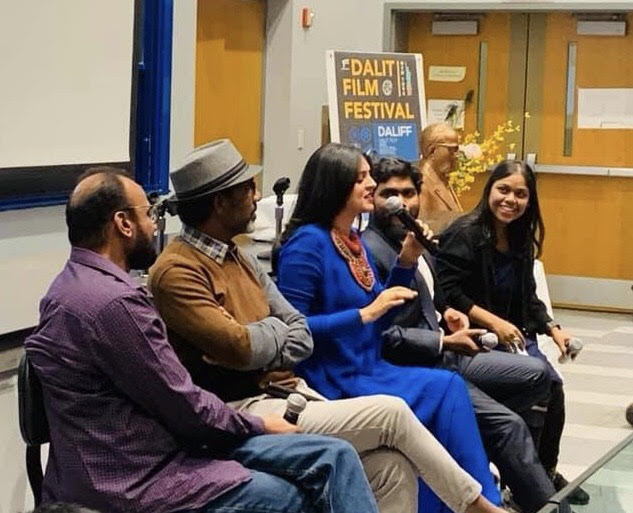
JS: Dalit women are often portrayed as dark skinned, victimised (lacking agency) side characters. What are your views on that?
NS: Dalits come in all skin colours, shapes and sizes like the rest of south Asians. How long will the world take to understand that ‘Dalit’ is a political identity, not a specific race or any homogeneous group of people? Dalit women have mostly been represented by Savarnas who have an exhaustive history of exploiting and misrepresenting them. All the women in my family were tough and unabashedly broke all Brahminical rules imposed on them. It’s not agency Dalit women lack but respect and institutional support of Indian society. Dalit women in the past have used poetry and literature as a tool to assert their identity but it’s about time we look beyond identity, bring in fresh perspectives and also mark our rightful place in history, art and culture of the Indian subcontinent.
JS: As a Dalit woman in an entertainment industry that’s largely dominated by upper castes, what sort of future does it hold for the young people from Dalit community as directors, actors and script writers?
NS: The entertainment industry has gone through a lot of changes in the last decade. With the emergence of individual social media channels and digital platforms, it’s become much easier to connect, tell stories, exhibit talent or find an audience. Educationally empowered Dalits gravitate mostly towards academia, journalism or activism. Also, arts education is barely encouraged in India. I would love to see more Dalits participating in the field of design, food, architecture, fashion, music and of course, cinema.
“Dalit feminism has existed ever since Dalit women have existed.”
NIHARIKA SINGH
JS: We have seen cinema has evolved from Parsi and Hindustani theatre, along with Nautanki which was initially performed by Dalits, muslims and women from denotified tribes. Today, we see invisibilisation of these communities in the cinema, do you see this as appropriation of talents of marginalised communities?
NS: Cinema, in the last 100 years has grown from silent moving images to one of the most lucrative businesses in the world. What I see primarily is the capitalisation of a medium that is singularly responsible for overshadowing various other mediums of creative expression. What is interesting to see is that performing artists—mainly singers, dancers and actors who barely held much respectability upto the early 20th century are the biggest social influencers in present day society and claim a demigod like position across the world. In South Asian society in particular, it’s fascinating to see how occupations/skills that were once viewed as impure or disgraceful have changed drastically with economics. Now dominant caste groups not only appropriate those spaces but also leave little or no room for those who were, historically, barely given any choice to take on other roles.
JS: You are an inspiration for many, what would be the few things you would like to leave us with?
NS: I’m probably just a function of fragmented ideas of home, a curious mind and a rebellious spirit. My sense of self doesn’t come from the way I look or my job or my economic-social-marital status. Neither does it come from what I’ve studied, where I come from, the things I own, the number of followers I have or for that matter, any identity ascribed to me. I question everything, have no rigid ideas, rules or a singular worldview. My journey continues to be of self-exploration through everything I do. The only thing I’ve learnt in life so far is to have patience, be true to yourself and not take your successes or failures too seriously. Just try finding the Buddha in you, do things that catch your interest and go with the flow.
Also read: In Conversation With Abirami Jotheeswaran: Dalit Human Rights Activist
Jyotsna Siddharth is an actor, activist, practitioner and writer. She is the founder of Project Anti-Caste, Love, Dalit Feminism Archive and Co-Founder of Sive. Jyotsna is a recipient of Chevening British High Commission Scholarship (2014-15). You can follow her on her Instagram and Twitter.
Featured Image Source: Niharika Singh via Jyotsna Siddharth
